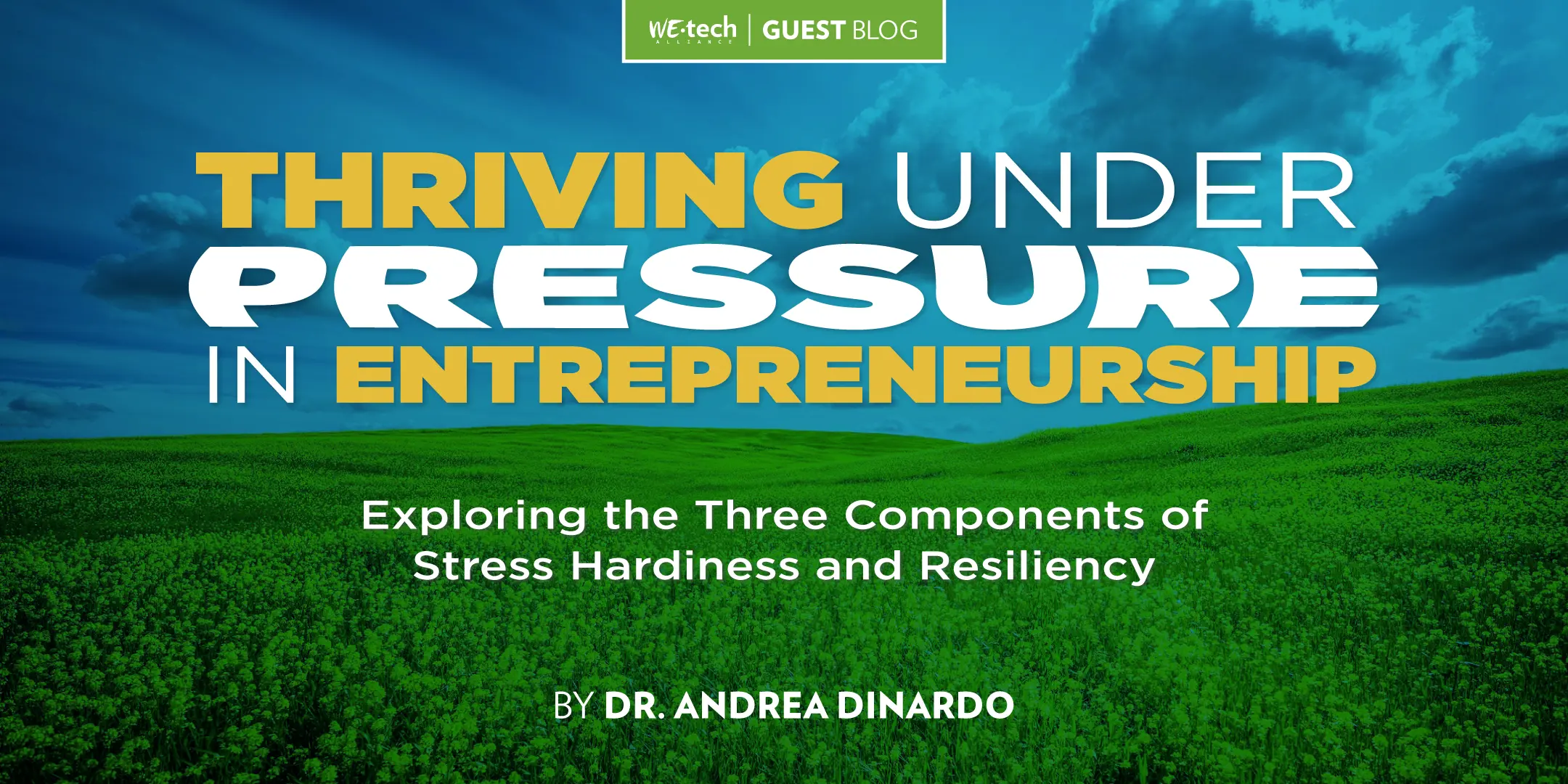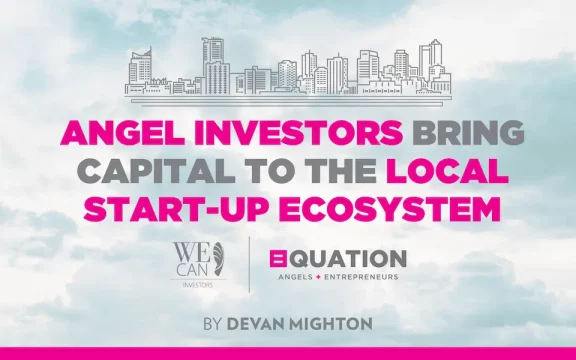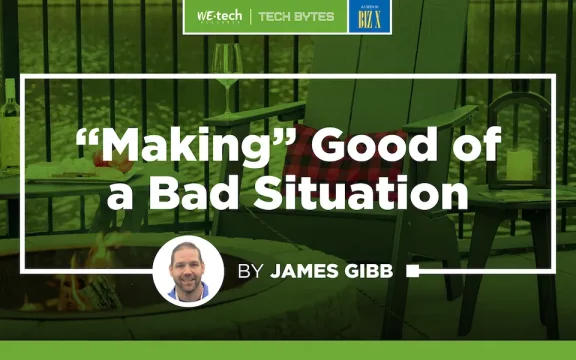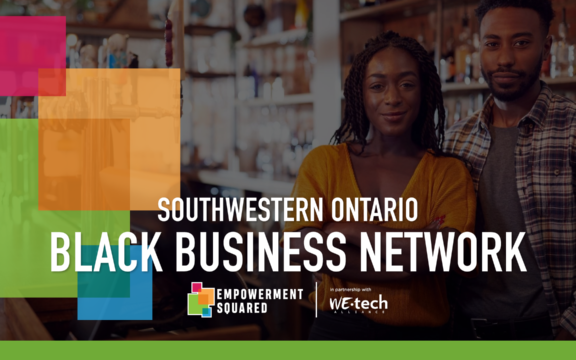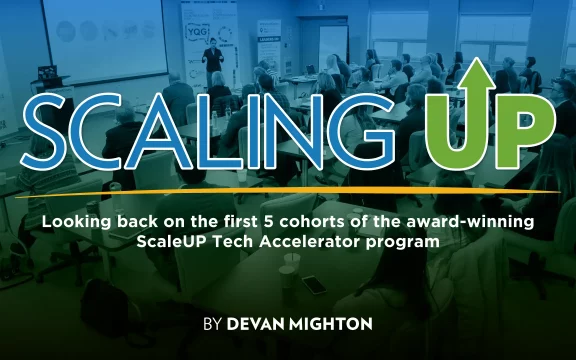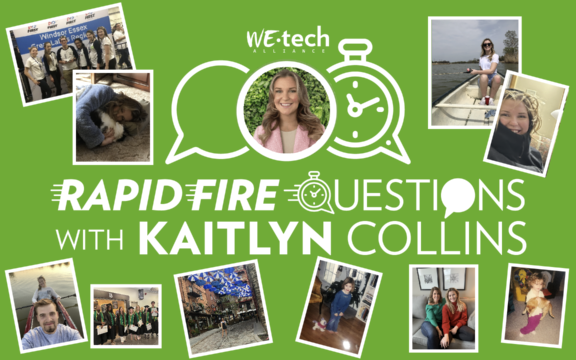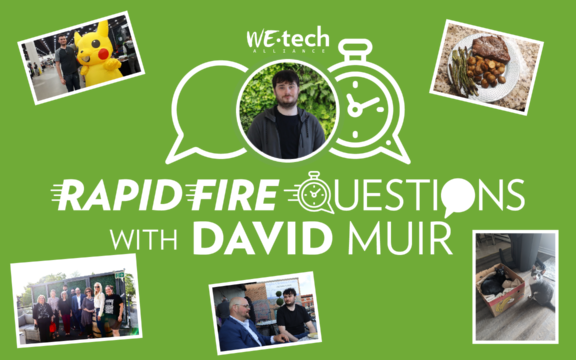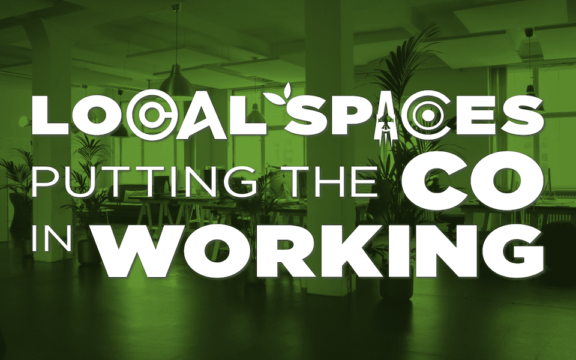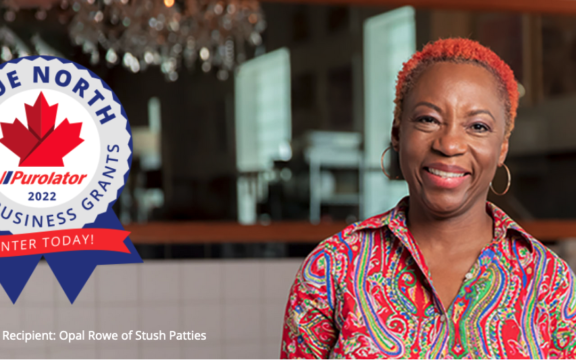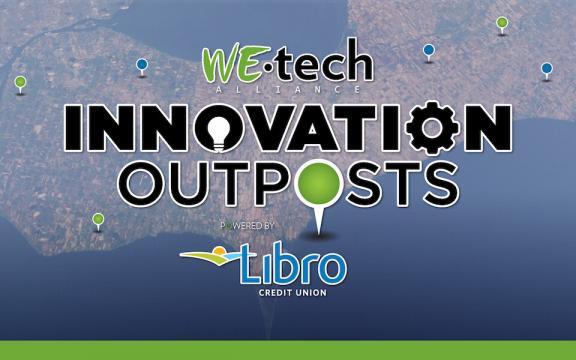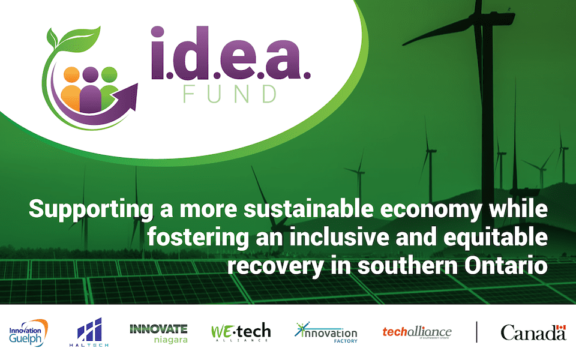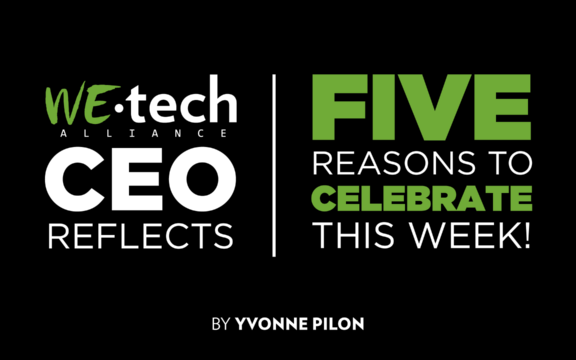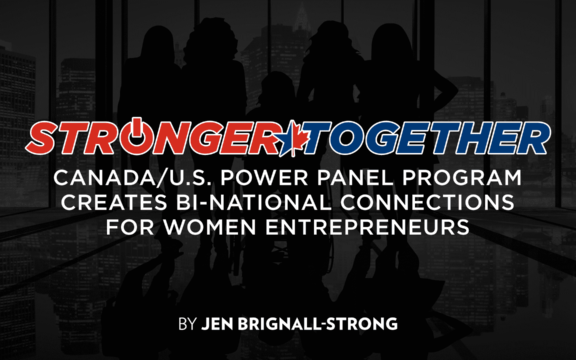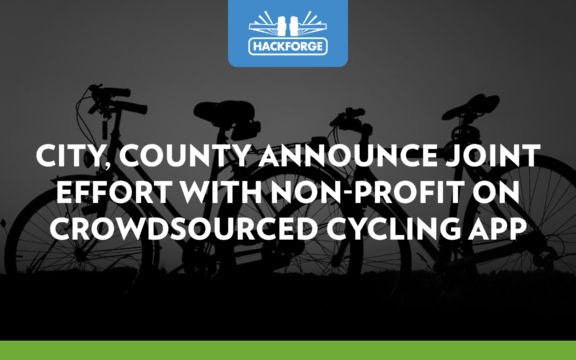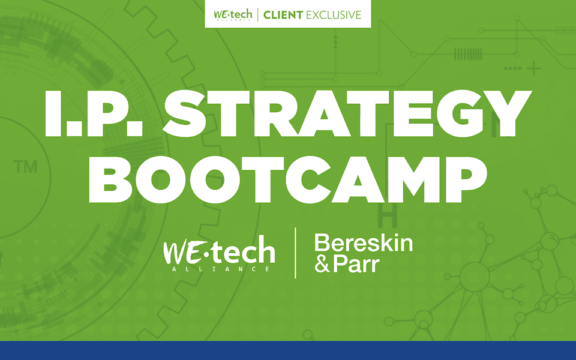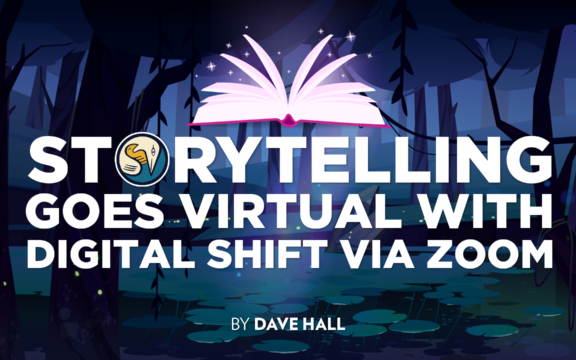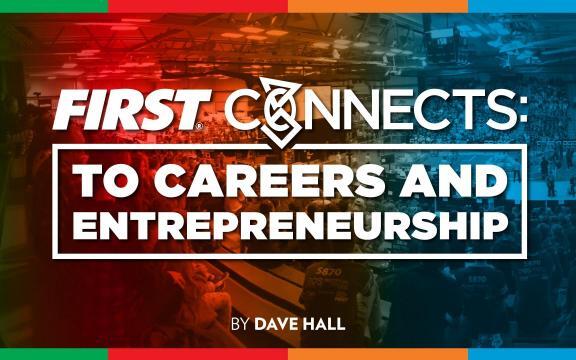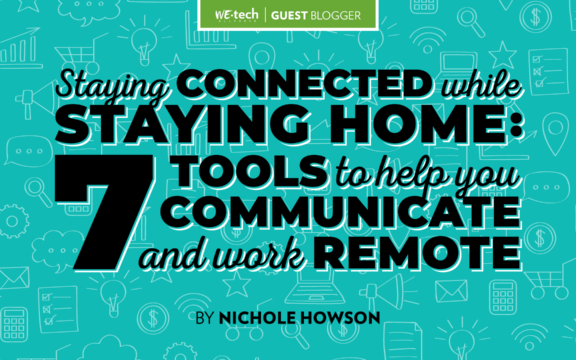Why do some entrepreneurs feel overwhelmed in stressful situations, while others thrive and flourish in reaction to heightened stress? What explains the difference between these two groups of individuals?
Stress hardiness is a key factor in psychological resilience – the ability to remain healthy and strong during challenging times. Hardy individuals transform stressful events into opportunities for growth by taking direct action in response to stress and adversity.
This blog post will explore the three components of stress hardiness and resiliency, namely: challenge, control, and commitment. Including how they relate to thriving under pressure in entrepreneurship and in life.

A core component of resiliency, especially in entrepreneurship, is the ability to pivot and flex when a business does not go as planned. The need to adapt and recalibrate is amplified post-pandemic. Many companies are on the edge of collapse, and equally at the threshold of opportunity.
Anchor Yourself
Focus on what remains consistent during rapid change and use it as an anchoring technique at the start and end of each day.
The sun still rises. The birds still sing. Your favourite movie continues to make you laugh.
Integrate this anchoring exercise into work meetings, family dinners, and conversations with your team, and fellow business owners.
Simply asking “what parts of your day remain the same during uncertain times” shifts the dialogue from grief to gratitude. Laying a solid foundation for bouncing forward.
Reframe the Challenge
The A-B-C Model of Cognitive Psychology, developed by Dr. Albert Ellis, underscores the notion that as a business owner, it is not what happens to you that matters most, it is your thoughts about what happens.
For example, two entrepreneurs experience the same setback in rival businesses:
An Operating Loss in two consecutive quarters. (Activating Event)
One person perceives financial loss as a never-ending failure, while the other sees it as an opportunity for learning and growth. (Belief and Thoughts).
The entrepreneur racked in self-doubt often spirals into learned helplessness, undermining their ability to bounce back and learn from failure. (Consequences and Emotions).
Activating Event: Operating Loss
Belief and Thoughts: Failure vs. Learning Opportunity
Consequences and Emotions: Learned Helplessness vs. Confidence
This is why connecting entrepreneurs in community is so important. Opening the conversation and reducing the shame around failure helps move the mind from negativity bias to broaden and build.
We all fail. It is a universal experience. Success is not a straight line.

Loss of control is a key ingredient in both stress hardiness and mental resiliency. Knowing the difference between what is within your control and sphere of influence and what to let go of and surrender is a daily process and wellness habit.
Take Inventory
Make a list of all the activities that you are responsible for in a 24-hour period, including weekends.
What happens outside working hours is just as important as what happens during. Everything is interconnected. Especially in entrepreneurship, where boundaries between work and home are often less clearly defined.
Include chauffeuring duties to and from school, cooking meals, shopping for groceries, tending to your aging parents, making spreadsheets for financials, forecasting next year’s sales, and marketing your business. Leave nothing off the list.
Rank Order
Order the list in terms of your top priorities in business, health, and home. For example, if you are working on an MBA, while simultaneously running a business and a home, it is paramount to select your “top priorities” to focus on, because nobody can do everything – effectively.
Energy and Time Management
Within the top priorities list, make a list of things that are beyond your control. Areas of your life that drain your energy, motivation, and enthusiasm.
Next, make a list of moments and situations that lift you up. Areas where you create impact. Focus on those areas. Surrender the rest.
You can’t add more to life, without first letting go.

How many times have you wanted to give up as an entrepreneur in the last two years?
What kept you going? What drew you back in?
Most likely it was the initial vision for your company.
Something that often fades with the day-to-day running of an organization.
Beginner’s Mind
Time travel back to your early days as an entrepreneur and tap into the energy of new beginnings. Ask yourself “Why” you started your business in the first place.
Relax, sit back, close your eyes, and take a long deep breath. Imagine the seeds of your first innovative idea, the moment when your passion for entrepreneurship took hold.
Remember Why You Started
Entrepreneurs are pioneers and innovators searching for something better. To make the world better. Whether it be treating cancer patients with ground-breaking technology, designing electric car charging stations, creating hybrid workspaces, or urban farming. They are united in a vision and a yearning to make a difference in the world.
Reconnecting with this vision daily, whether it be through journaling, meditation, and/or conversation is key to thriving under pressure in entrepreneurship.
Motivation is what gets you going. Commitment is what keeps you going.
Stay focused on your North Star.

Dr. Andrea Dinardo is a psychology professor and TEDx Speaker, who specializes in positive psychology. Her work focuses on energy and time management, thriving under pressure, and cultivating psychological resilience. A framework for mental health and motivation used throughout her workshops, presentations, and keynote talks.



